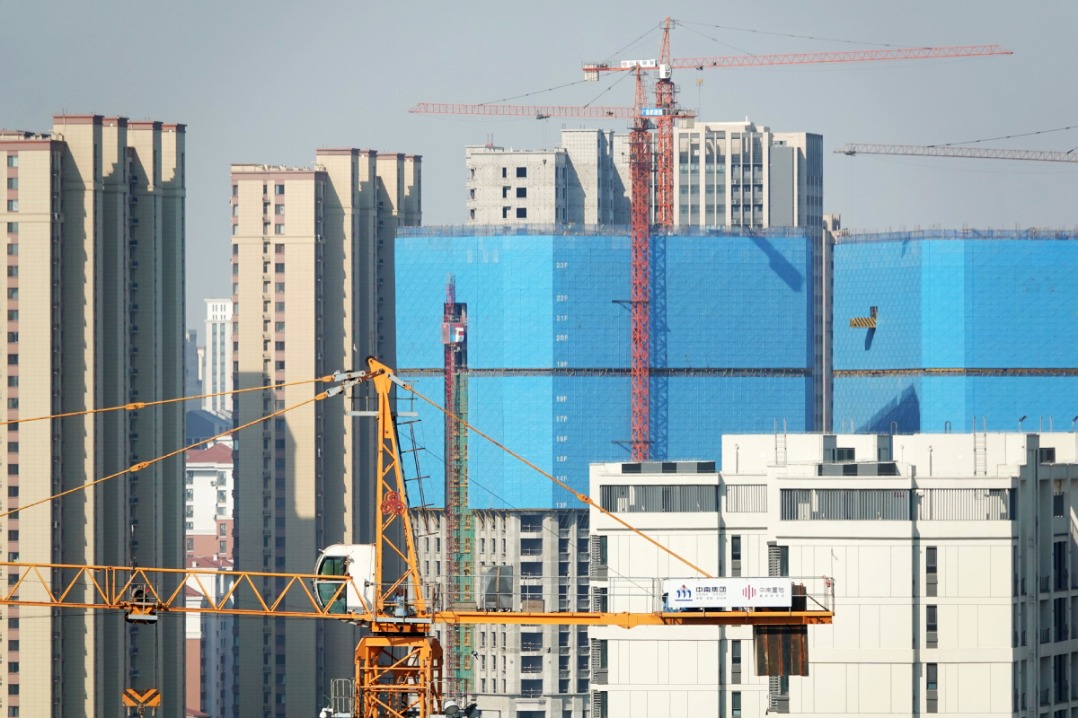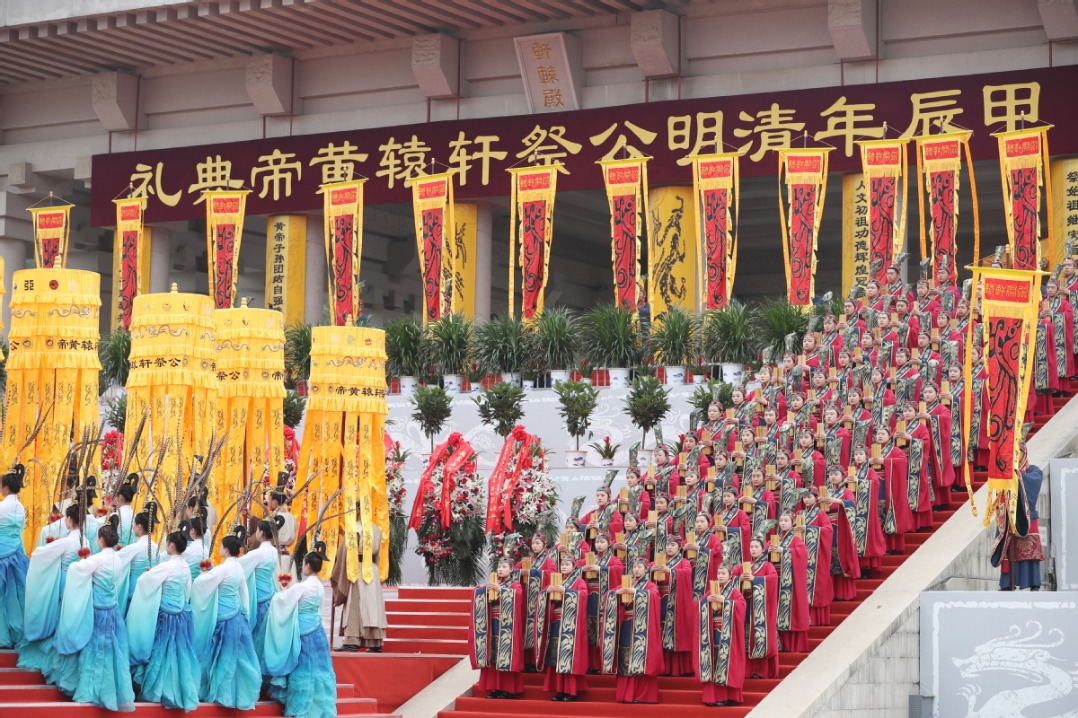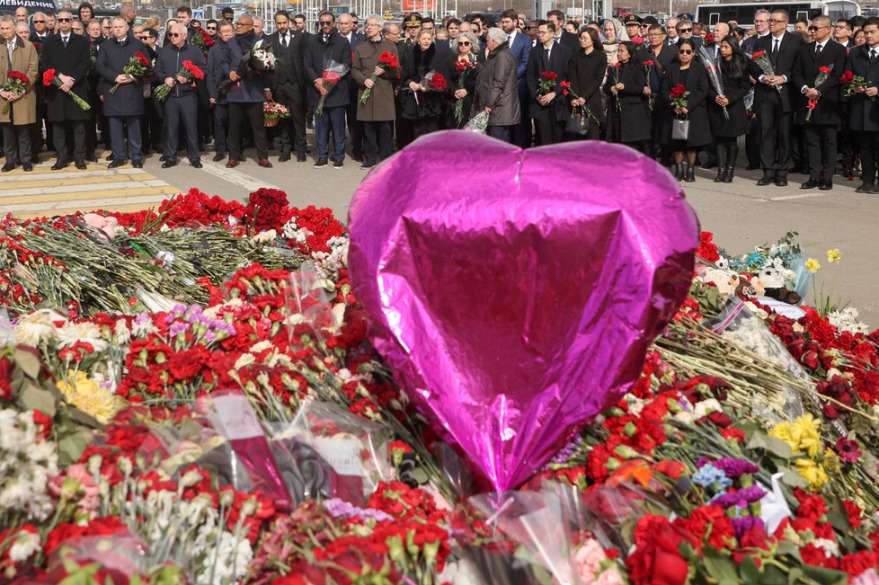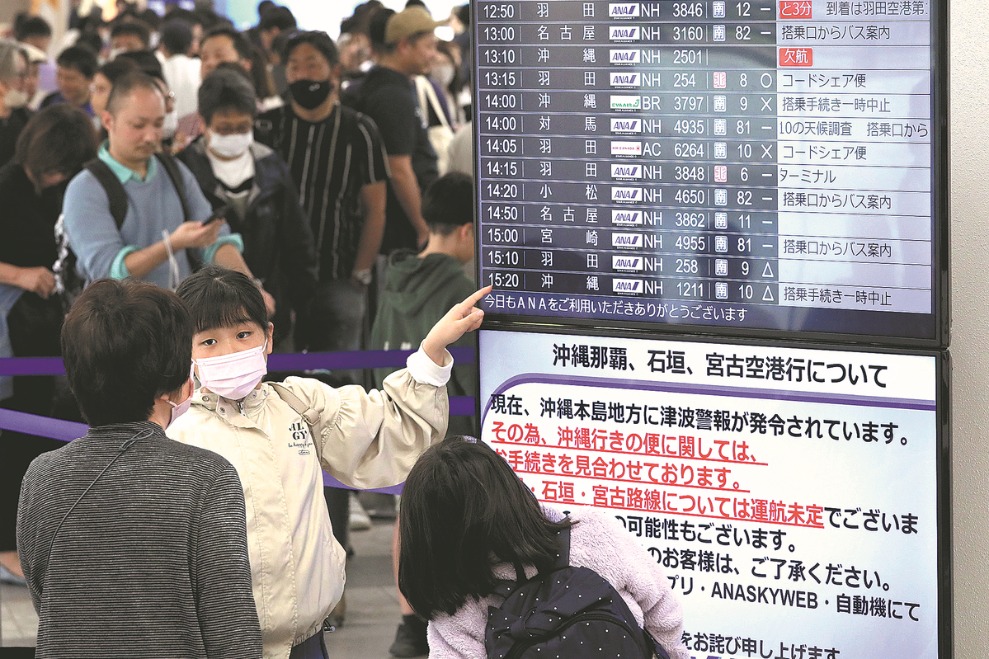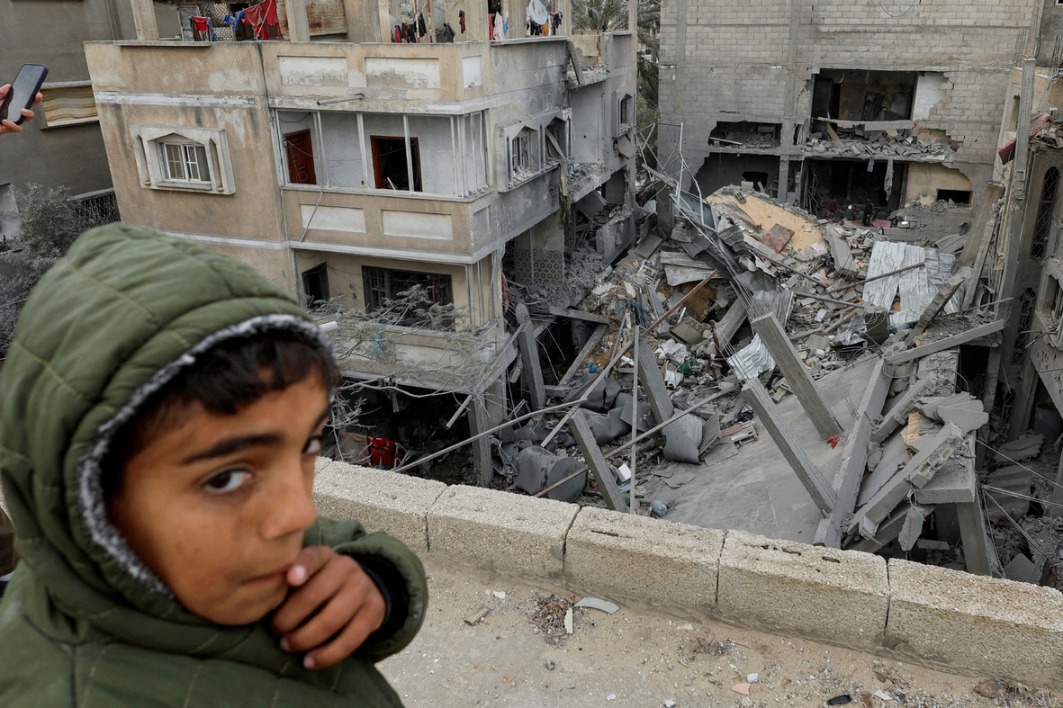Fengxian case a new start to crack down on human traffickers
By Qiao Xinsheng | China Daily | Updated: 2022-02-26 10:05

A video clip of a mother of eight children chained by the neck and locked in a hut for years in Fengxian county of Xuzhou in East China's Jiangsu province went viral on Jan 27. The woman named "Xiaohuamei" was born in Southwest China's Yunnan province. She was abducted more than 20 years ago and later sold as a bride in Xuzhou.
The brutal abuse of the woman with mental health problems triggered intense public outrage, prompting the authorities to punish 17 officials. But many netizens, unsatisfied with the existing punishment for human trafficking, have called for a harsher crackdown on and stiffer punishment for those who perpetrate such crimes.
Some have gone so far as to say that all human traffickers should be handed down the death penalty. But will the death penalty deter potential human traffickers from committing such crimes?
Article 240 of the Criminal Law stipulates that those who abduct and traffic women or children ought to be sentenced to prison for five to 10 years and made to pay a heavy fine. Those falling into one or more of the serious cases should be sentenced to 10 years or more in prison or given the life sentence, in addition to fine or confiscation of property. And those committing especially serious crimes should be sentenced to death in addition to confiscation of property.
China has made such legal provisions to adhere to the principle of proportionate punishment for different crimes as well as to protect human rights, in order to establish a complete criminal penalty system.
Some Chinese scholars used to consider human trafficking as a form of fraud, not deprivation of freedom and violation of human rights, so they believed the death penalty for human trafficking was too heavy a punishment. However, some experts (including this author) believe that human trafficking is a serious crime and a severe violation of human rights. And handing down the death penalty for serious crimes such as human trafficking can to a certain extent deter potential human traffickers from committing such criminal acts.
As a developing country, China has witnessed unbalanced development, with its eastern region being much more prosperous than the western parts. Thus some human traffickers trick, abduct and sell women and children from the relatively poor areas in the southwest to the eastern region on the pretext of helping them to seek a better life.
That's why China emphasizes on addressing both the symptoms and causes in the crackdown on human trafficking. While China is strengthening the criminal law system to ensure no criminal escapes the long arm of the law, it is also boosting rural governance capacity and revitalizing rural areas in order to protect the rights and interests of women and children.
Regions where human trafficking is rampant are often plagued by poor rural governance. In some areas, a few grassroots authorities were almost completely paralyzed, while the heads of villagers' self-governing organizations had little legal awareness and thus unwittingly acted as a protective umbrella for the criminal suspects. So to better protect human rights, especially of vulnerable women and children, the authorities should strengthen law enforcement and the governance system.
In this regard, the dismissal of the secretary of the county Party committee, the county chief and the town mayor after a detailed investigation into the Fengxian county case should serve as an example of how to strengthen the social governance system and protect the rights and interests of vulnerable groups.
First, transforming the economies of the relatively backward areas is still a major challenge for China, even though the government has implemented the rural revitalization plan, because only by ensuring balanced development and narrowing the regional development gap can such trafficking cases be reduced.
Second, the abduction of women and children shows there are some loopholes in the social governance system. If grassroots government officials sincerely perform their duties and the heads of the villagers' self-governing organizations strictly follow the law, abduction and trafficking of women and children would be reduced to a large extent.
But the death penalty for all human traffickers, as some netizens advocate, may not effectively deter human traffickers as they claim. If all suspects are sentenced to death for human trafficking, the fear of being caught and executed may prompt them to rape and even kill the victims they abduct.
The current laws and regulations have some preemptive elements. For example, the relevant laws warn human traffickers to not harm the abducted victims so as to avoid receiving heavier punishment. They also tell human traffickers not to be recalcitrant, because the crime does not necessarily invite the death sentence.
Although these potentially positive factors cannot end human trafficking, they can, to a certain extent, prevent it from increasing. And, hopefully, the Fengxian case will lead to a harsher crackdown on human trafficking, and the strengthening of the rule of law and grassroots governance.
The author is a professor of the law school at the Zhongnan University of Economics and Law.
The views don't necessarily reflect those of China Daily.





